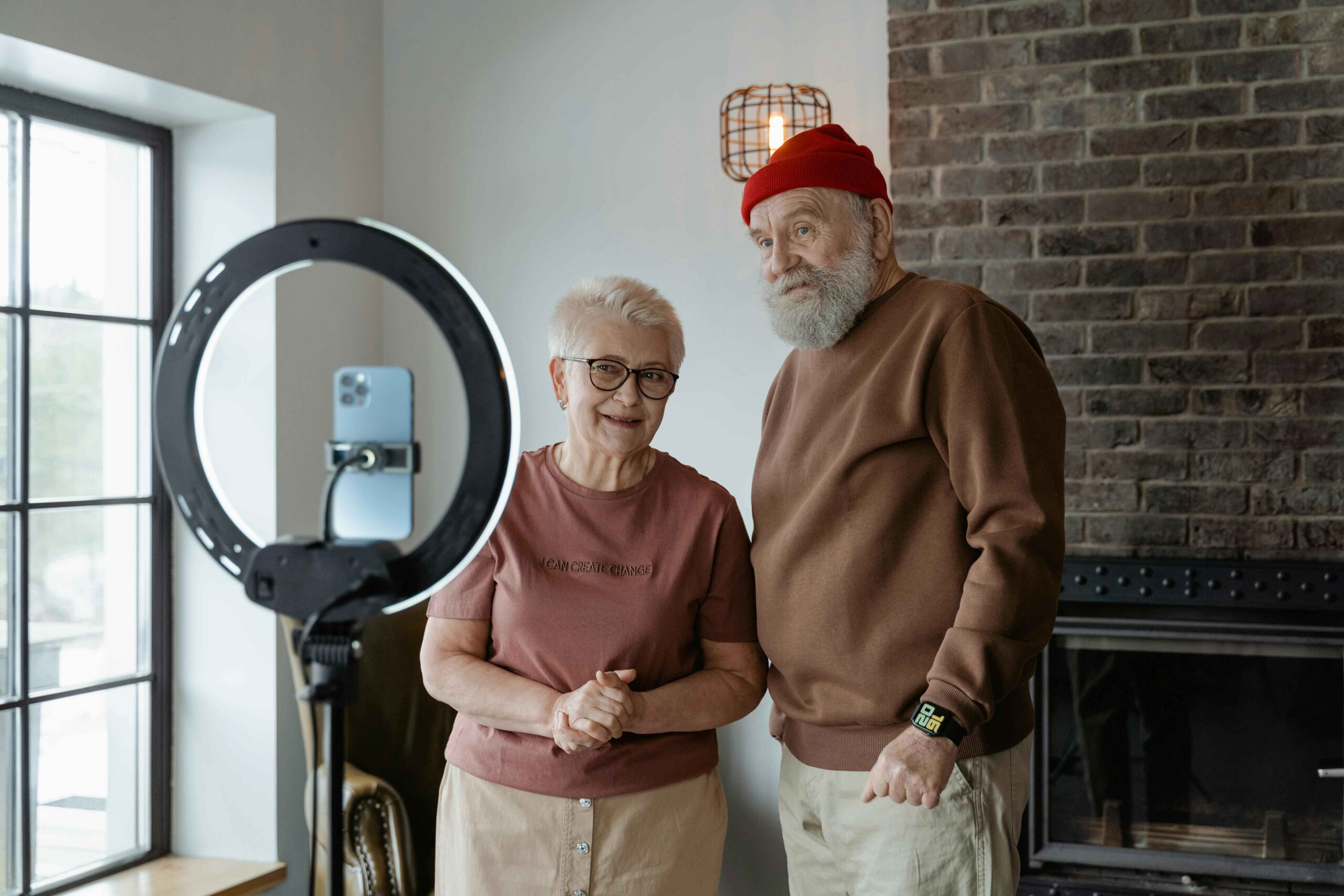Retirement can feel like standing at the edge of a cliff, looking into the unknown. After decades of defining yourself by your career, this next chapter might feel both liberating and daunting.
For many U.S. seniors, adjusting to life after work means grappling with questions like, “Who am I without my job?” and “What comes next?” The good news? Retirement isn’t the end—it’s the beginning of a new adventure.
This guide will help you rediscover purpose, reframe your identity, and embrace this exciting stage of life.
Why Career Identity Feels So Important
In the United States, careers often define who we are. Titles like “doctor,” “teacher,” or “engineer” are more than jobs—they’re identities. Retirement can feel like stepping away from this identity, leaving you wondering how to fill the void.
A Pew Research Center study highlights how U.S. seniors experience retirement differently depending on whether they feel ready for it. Those who prepared and embraced a new purpose reported better mental health, stronger social connections, and a greater sense of fulfillment.
Steps to Rediscover Yourself After Retirement
Explore Local Opportunities
U.S. communities are rich with resources for retirees. Visit senior activity centers or join organizations like AARP or YMCA. Many libraries offer book clubs, workshops, and free classes—perfect for staying engaged and meeting others.Volunteering is another meaningful way to connect and give back. Programs like AmeriCorps Seniors or local food banks provide opportunities to mentor, tutor, or assist those in need. One retiree in Ohio turned his love for gardening into a project with the American Community Gardening Association, creating green spaces that brought neighbors together.
Revisit Hobbies or Start New Ones
Think about hobbies you’ve put on hold. Have you always wanted to paint, write, or learn photography? Platforms like MasterClass and Udemy offer online courses tailored to beginners. For hands-on learning, look for local workshops at community centers or art studios.
For example, Paul, a retired engineer in California, rediscovered his passion for woodworking. Now, he crafts handmade furniture and sells it on Etsy, turning his hobby into both joy and income.

Build Stronger Connections
Retirement is the perfect time to reconnect with family and strengthen friendships. Plan weekly dinners, organize trips to national parks, or host game nights. Building new friendships is just as important. Many cities offer groups specifically for older adults, like Meetup’s Senior Groups or activities hosted by continuing care retirement communities.
Focus on Your Health
Physical and mental well-being are key to enjoying retirement. Try low-impact exercises like yoga, tai chi, or swimming. Programs like SilverSneakers (often included with Medicare plans) provide free access to gyms and fitness classes for seniors.
Build a Legacy
Share your life’s wisdom by mentoring others or writing your story. Programs like SCORE let retirees guide small business owners, while creating a memoir or family tree can preserve your experiences for future generations.
Overcoming Common Challenges
Feeling Isolated
Loneliness is common but manageable. Join online communities like Senior Planet or find local groups that match your interests.
Financial Concerns
Explore part-time work or side hustles that align with your interests. Many U.S. retirees sell crafts on Etsy or collectibles on eBay. If you’re unsure when to retire, a quick and easy planning guide PDF can help assess your finances.
Loss of Purpose
It’s normal to feel adrift. Reflect on what made your career fulfilling and look for similar opportunities. If you miss teaching, consider tutoring or mentoring. If you thrived on teamwork, join group activities or volunteer efforts.
Real-Life Stories for Inspiration

Jane, a retired teacher from Florida, found joy in volunteering at a literacy program. She says, “Helping kids read has brought me more happiness than I ever expected.
Or take Mr. George, a retired office worker. Though initially struggling with losing his career identity, he found fulfillment in mentoring young neighbors in his California suburb. What started as a small project became a thriving community class.
Also Read: Purpose after Retirement: A Guide for U.S. Seniors to Rediscover Meaning and Joy
FAQs
1. When should I retire?
Deciding when to retire depends on your financial readiness, health, and personal goals. A guide like When to Retire: The Pros and Cons of Different Ages can help you weigh the advantages of retiring at 62, 65, or later.
2. What is a continuing care retirement community?
A continuing care retirement community (CCRC) offers housing, healthcare, and services for seniors in one location. These communities provide independent living, assisted living, and skilled nursing care, ensuring a continuum of care as your needs change.
3. Are there any quick and easy retirement planning guides?
Yes! A quick and easy planning guide PDF can simplify the retirement process. Look for guides that help you calculate savings, plan budgets, and determine the best time to retire. Many are available through AARP or financial planning websites.
4. What is a retirement home?
A retirement home is a housing facility designed for seniors who need minimal assistance with daily activities. These homes provide a supportive environment with amenities like dining services, housekeeping, and recreational activities.
5. How can I make retirement financially secure?
Consider part-time work, selling items online (like crafts on Etsy or collectibles on eBay), or investing wisely. If needed, consult a financial advisor or use resources like AARP’s Retirement Calculator.
Rediscovering Purpose: A Checklist
- Identify passions you’ve postponed.
- Explore local or online volunteer opportunities.
- Create a plan for financial security using guides like When to Retire: The Pros and Cons of Different Ages.
- Consider options like joining a continuing care retirement community.
- Build routines around hobbies, family, and health.

TL;DR
Retirement is not the end—it’s a new beginning. Reflect on your passions, strengthen relationships, explore new opportunities, and consider practical steps like part-time work or joining community activities. Take one small step today to rediscover purpose and enjoy this new chapter.


1 thought on “Letting Go of Career Identity: Finding a New You After Retirement”